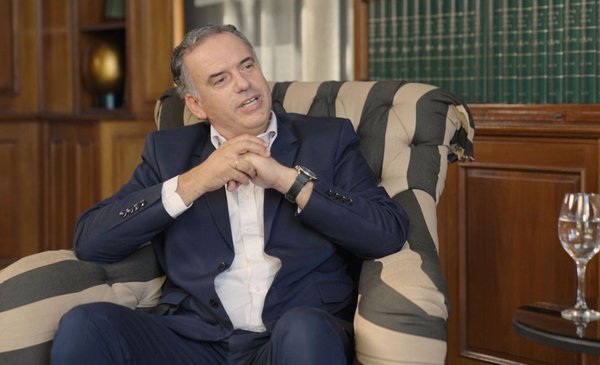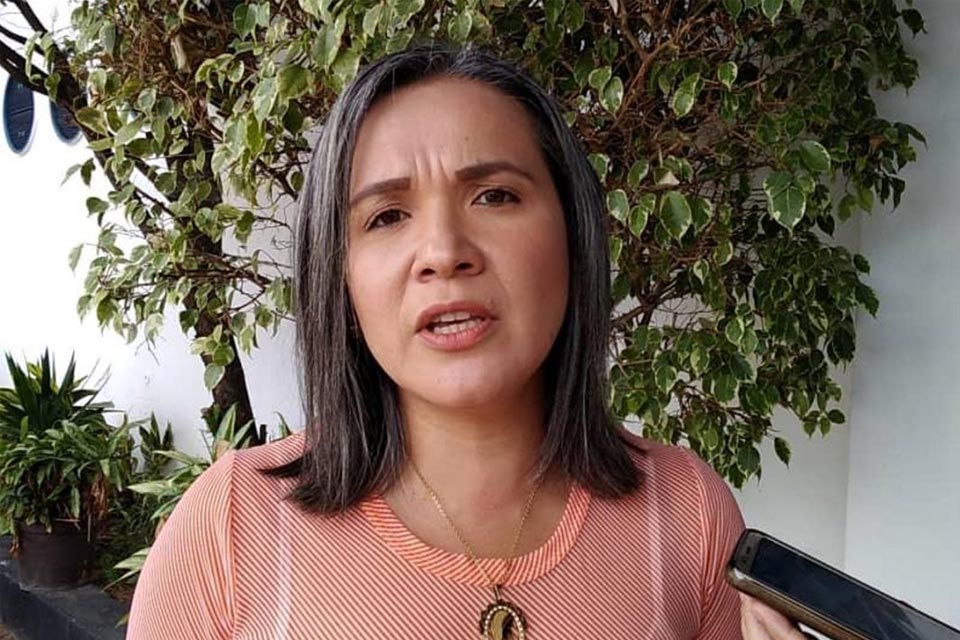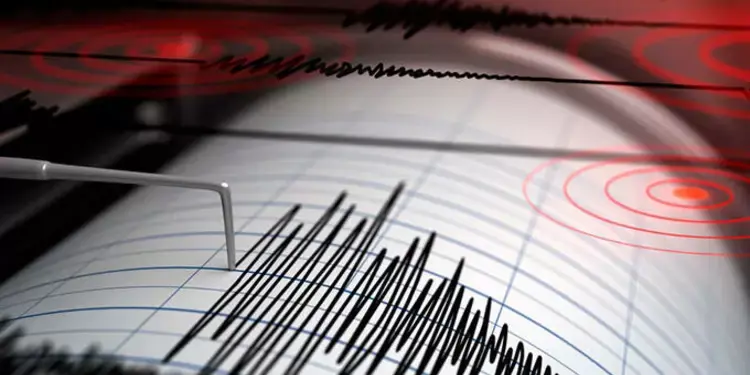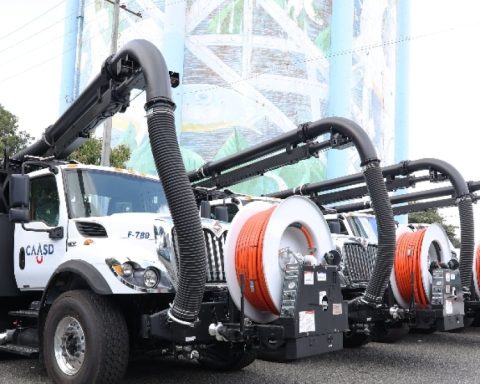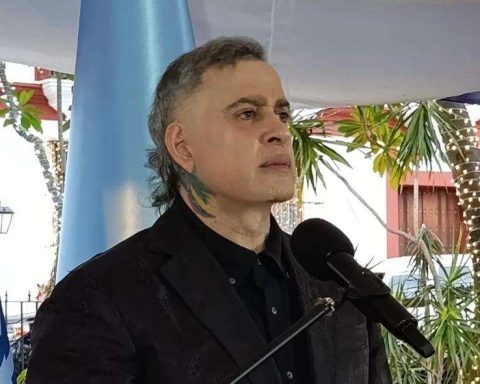The mayor of Canelones, Yamandú Orsi, was this week’s guest of Postscriptthe cycle of interviews of The Observerconducted by Oscar Gonzalez Gold. In the interview he reviewed his childhood in Estación Atlántida, his stage as a storekeeper and history teacher and his political future, in which he revealed that he is preparing to be president.
Between the personal and the political, this is a summary of the interview.
Where was the history teacher?
I fish a lot there. I fish a lot in that time. Yes. I have not practiced since 2004.
You liked it?
I liked. I like it. At first she didn’t miss him. Now I’m like saying “pah that would be nice”. I like it. I gave high school He worked with different levels from the age of 13 to 18, and at some point I even signed up and I really liked it too, because I worked there with the family. Really, at the beginning of the first years of management they ask me if I missed it and I said no. Now I feel like a nostalgia to be able to navigate there.
And what of the storekeeper was left?
In my house it was a notebook store. We managed the warehouse at home. I finished it myself, because my parents both got sick and I didn’t last long. Then everything changed very quickly, the self-service, the supermarket, ate up the space.
Because it was a ceremony to go to the store because there was gossip, as they say here.
It was gossiped. I always had the news at the same time in the morning and there would come two parishioners, they were always the same, and we would talk about politics there. It is a place where things happen, where you talk.
What time of your life do you choose?
The childhood. I enjoyed it. I am from the countryside, I came to the city when I was 5 years old. I grew up in a house where there was no electricity. We had a mill that charged the battery. And there we moved to the city of Canelones with all that impact and I grew up in the neighborhood and neighborhood life marked me a lot, I loved it. We played ball in the street. It could. Today I look and it is not possible with the traffic you have, but we played for hours and from there sometimes we went to the field. I lived a childhood and a divine neighborhood.
Are you ready (to be president)?
I’m getting ready. I think you never finish preparing. Why do I say it like that? When they asked me in the last election if I wanted to go to the internship that there were four candidates, I said yes. I lasted ten days. On day 10 I said no, it wasn’t ready. It’s not that you have to attend class, but you do have to start talking about other things and learn other things and move in a different way. You have to prepare, you have to get ready. I feel and understand that I am navigating in other waters, on the big field and I started doing that a few years ago. And you have to have to move around a lot, you have to move around in Uruguay and understand things that happen abroad, talk to another sector of the country that suddenly isn’t in Canelones or is in a very small town. All this implies starting to prepare yourself at the same moment that, in addition, you are managing.
It is not the answer of a usual politician. When I said you are ready, you did not say “the circumstances”, “we will see what happens”, no. “I’m getting ready”, you said. And it’s very good
Exact. Those of us who are in this like to take on new challenges, with greater responsibilities. We like execution, executing what we think is right and assuming responsibilities. And at some point I think you have to realize if that field in which you are moving is the one that you want to assume. My colleagues and colleagues raised it with me and one says: “Well, we are going to start playing on that pitch as long as the collective support gives us.” As the possibility exists, and as I like it, the best thing one can do is, with respect and humility, say that if one day they call me, what happened the other time should not happen to me, that I was there for something else.
